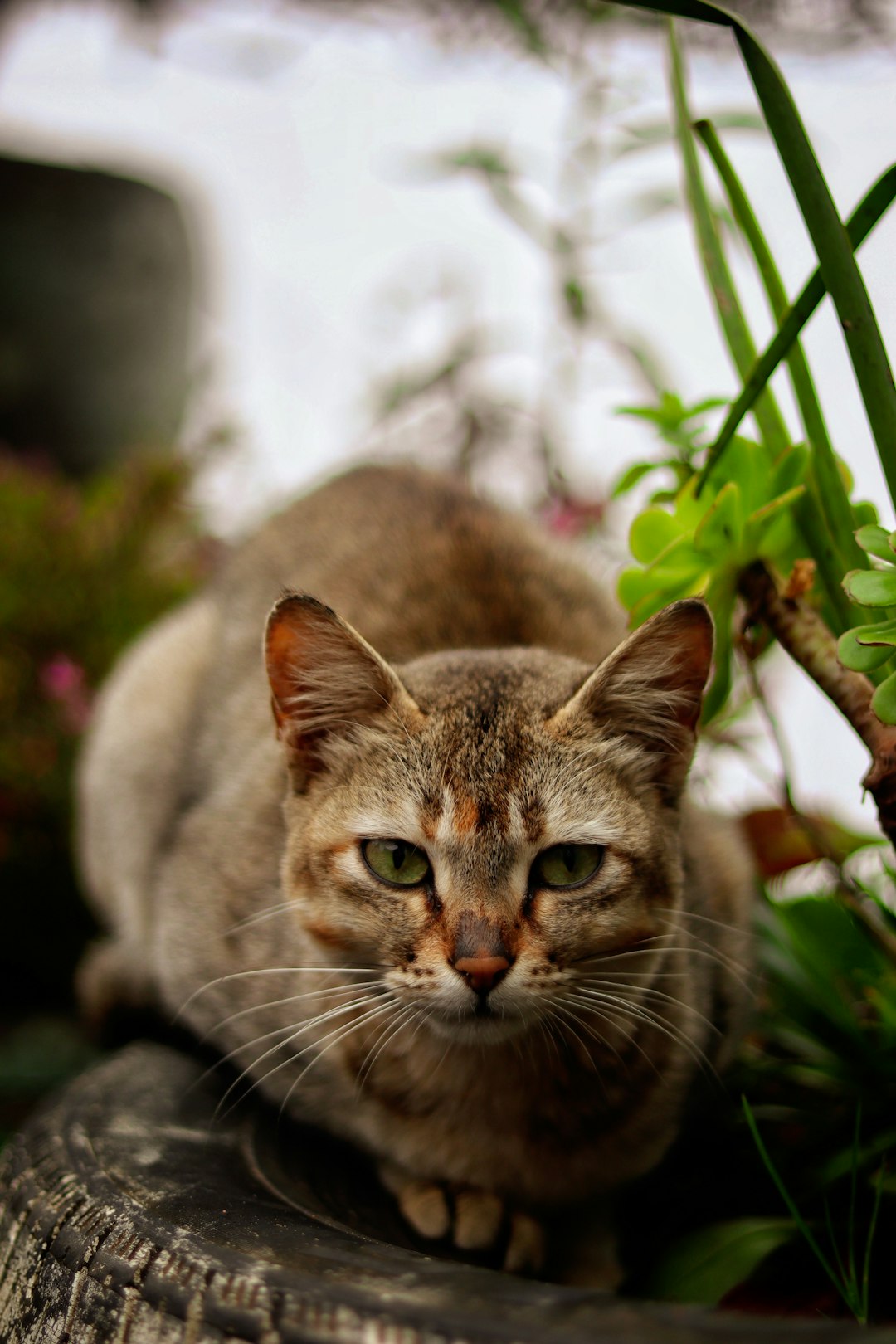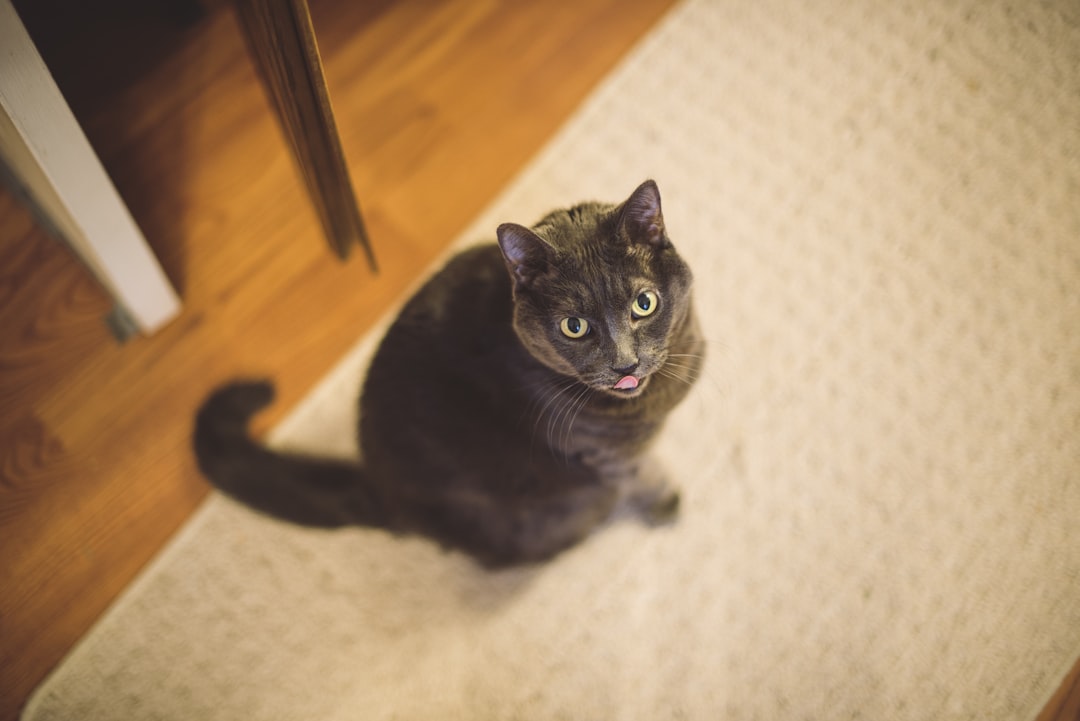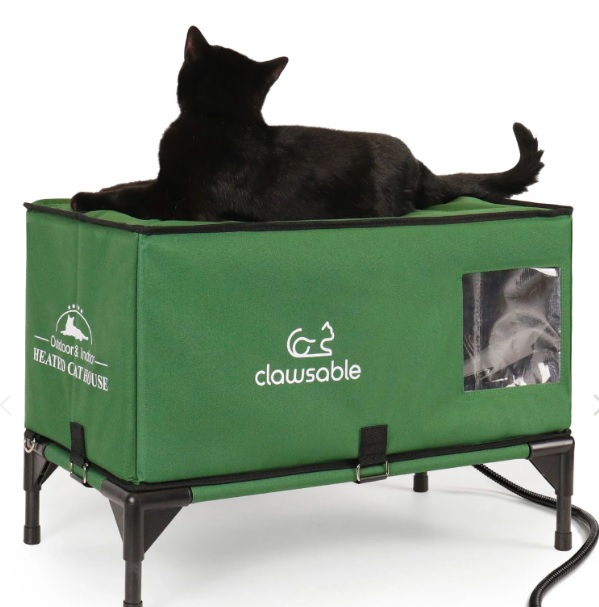If you’ve ever found yourself puzzled by your cat meowing at night, you’re not alone. Many cat owners experience this peculiar behavior, which can stem from a variety of causes. Understanding the reasons behind your feline’s nocturnal yowling is crucial, as it often involves natural instincts, health concerns, or environmental triggers. By exploring these aspects, you can find effective solutions to help your cat settle down at night and restore peaceful sleep for both of you.
Understanding the Natural Behavior of Cats at Night
Cats are naturally inclined to be more active during the night. This nocturnal behavior originates from their wild ancestors, who were primarily hunting during dusk and dawn. Understanding why your cat meowing at night can help you devise effective strategies to manage their vocalizations.
Here are some key reasons behind this behavior:
- Predatory Instincts: Cats are instinctive hunters. Even domesticated cats retain the urge to explore and "hunt" during nighttime hours.
- Territorial Calls: Cats may meow at night to establish territory or communicate with other cats in the area.
- Attention-Seeking: Your furry friend may simply want your attention, especially if they feel bored or restless.
- Communication: They express needs such as hunger, thirst, or the desire to play.
Recognizing and addressing these natural instincts is vital. The more informed you are about your cat’s behavior, the better equipped you will be to handle the cat meowing at night effectively.
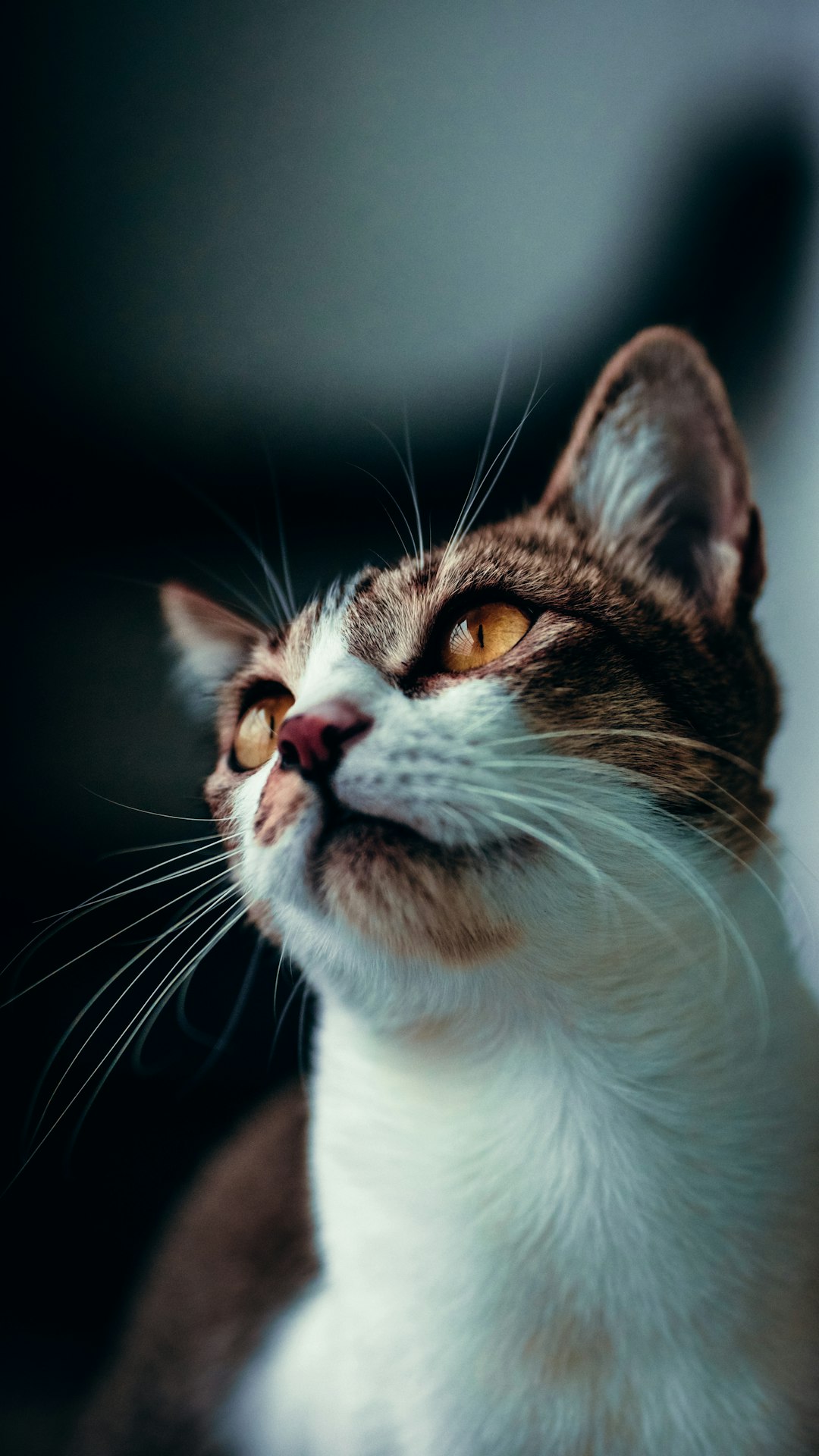
Common Reasons Cats Meow at Night
Cats are naturally nocturnal creatures, and several factors contribute to their nighttime vocalizations. Understanding these triggers can help you address your cat’s meowing at night more effectively. Here are some common reasons for this behavior:
Hunting Instincts: Cats are wired to be hunters, and nighttime offers them a chance to express these instincts. They may meow while stalking imaginary prey.
Attention Seeking: Your cat might yowl for attention, especially if they’re used to nighttime interaction. Cats often learn that meowing results in affection or playtime, encouraging more of the same behavior.
Boredom or Lack of Stimulation: If your cat feels bored during the night, they may vocalize to entertain themselves. Provide toys or challenge them with interactive play before bedtime.
Social Interactions: Cats are social animals. If they hear other animals outside, they may respond with vocalizations, resulting in extended cat meowing at night.
Discomfort or Stress: External noises, changes in the environment, or unfamiliar scents may cause your cat anxiety, leading to increased nighttime meowing.
By observing your cat’s behavior and environment, you can better understand why your pet exhibits this nocturnal yowling.
Environmental Factors Affecting Nighttime Meowing
Understanding environmental factors is crucial when you notice your cat meowing at night. Several elements can influence your cat’s vocalization patterns during the night:
Noise Levels: Sudden sounds, such as passing cars, streetlights, or even loud neighbors, can trigger your cat’s instinct to vocalize. Cats often respond to environmental stimuli, making them more prone to meowing at night.
Lighting: Cats are crepuscular animals, active during dawn and dusk. Thus, excessive artificial light can disrupt their natural rhythm, encouraging more nighttime activity and, subsequently, more cat meowing at night.
Temperature: A too hot or cold environment may lead to discomfort, causing your cat to express its displeasure through vocalization. Ensuring a comfortable temperature can help reduce nighttime meowing.
Space and Territory: If there are changes in your cat’s environment—a new pet, unfamiliar people, or rearranged furniture—it can lead to stress and increased vocalization.
By addressing these environmental factors, you can create a peaceful sleeping environment that may curtail your cat’s nocturnal yowling.
Health Issues That Could Cause Nocturnal Yowling
When your cat meowing at night disrupts your peaceful slumber, it may signal underlying health issues. Here are some conditions to consider:
Hyperthyroidism: This common hormonal disorder increases metabolism, causing excessive vocalization, including nighttime meowing.
Pain or Discomfort: Cats can meow at night if they experience pain from conditions like arthritis or dental disease.
Cognitive Dysfunction Syndrome (CDS): Similar to dementia in humans, CDS can lead to confusion and increased yowling, particularly at night.
Thyroid Problems: An imbalanced thyroid can cause agitation and result in your cat meowing persistently.
Furthermore, cats affected by these health issues may exhibit other signs such as:
- Changes in appetite
- Altered litter box habits
- Unusual pacing or restlessness
If you observe your cat meowing at night along with any of these symptoms, it’s crucial to consult a veterinarian. The earlier you address health concerns, the more effectively you can reduce your cat’s nocturnal yowling and ensure their well-being.
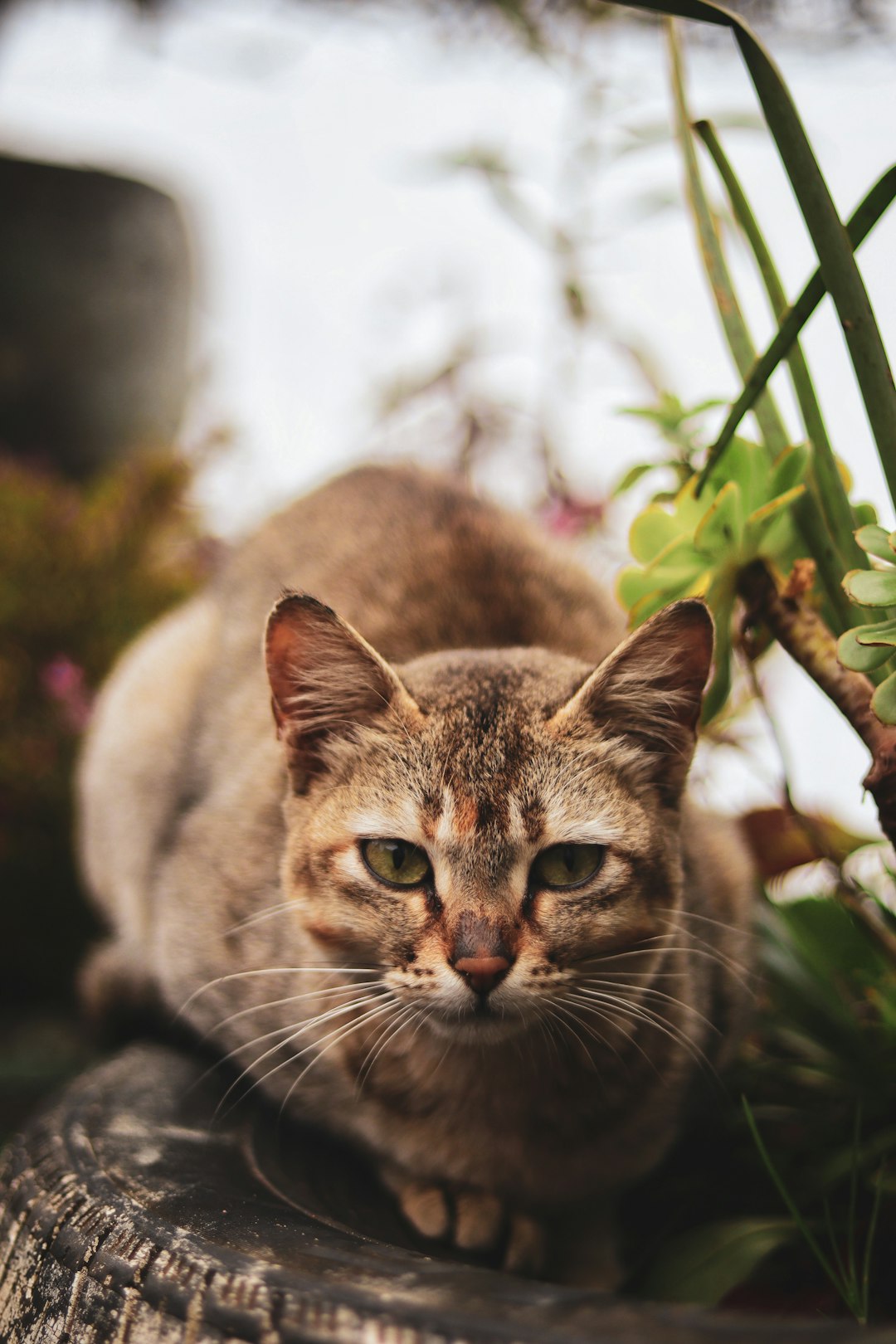
Impact of Age on Cat Vocalization Patterns
As cats age, their vocalization patterns can change significantly. Understanding how age influences cat meowing at night helps pet owners respond appropriately. Here are key points to consider:
Kittens and Young Cats:
- Generally more vocal, expressing curiosity or hunger.
- Often meow at night due to high energy levels and playful behavior.
Adult Cats:
- Typically settle into a routine, leading to fewer nighttime meows.
- However, they can still vocalize in response to stress, changes in environment, or the presence of other animals.
Senior Cats:
- Increased meowing at night may indicate cognitive decline or discomfort.
- Senior cats might meow due to confusion, so it’s essential to monitor their behavior.
Summary Table: Age Influence on Vocalization
| Age Group | Vocalization Frequency | Common Causes |
|---|---|---|
| Kittens | High | Playfulness, hunger |
| Adults | Moderate | Stress, environmental changes |
| Seniors | Variable | Cognitive issues, discomfort |
Recognizing these patterns helps address your cat’s needs effectively, especially when dealing with cat meowing at night.
How to Train Your Cat to Meow Less at Night
Training your cat to reduce nocturnal yowling involves persistence and patience. Here are some effective strategies to consider if your cat meowing at night disrupts your sleep:
Establish a Routine:
- Feed your cat before bedtime to ensure they feel full and satisfied.
- Play with your cat in the evening to expend energy.
Create a Comfortable Environment:
- Ensure your cat has a cozy, designated sleeping area away from disturbances.
- Provide engaging toys or scratching posts to keep them entertained.
Ignore the Behavior:
- If you respond to your cat meowing at night, you may inadvertently reinforce the behavior. Try not to engage or let them outside immediately when they meow.
Gradual Adjustment:
- If your cat is used to nighttime interactions, gradually reduce attention until they adapt to being quiet.
By implementing these tactics, you can help alleviate the disruptive habit of cat meowing at night, fostering a peaceful sleep environment for both you and your feline friend.
Solutions for Reducing Nighttime Meowing
Dealing with a cat meowing at night can be challenging, but several effective strategies can help minimize this behavior:
Engage During the Day:
- Play with your cat during the day to expend energy.
- Use interactive toys or laser pointers to keep your cat stimulated.
Establish a Routine:
- Feed your cat at consistent times to create a sense of security.
- Set a bedtime for your cat by scheduling quiet time before you sleep.
Provide Enrichment:
- Introduce new toys or scratching posts to keep your cat occupied.
- Consider a window perch so your cat can watch wildlife.
Limit Attention at Night:
- Ignore the meowing to avoid reinforcing the behavior.
- If you respond, your cat learns that nighttime yowling gets your attention.
Consider a Companion:
- Adopting another cat can reduce loneliness and nighttime vocalization.
By implementing these strategies, you can significantly decrease the instances of your cat meowing at night, leading to better sleep for both you and your feline friend.
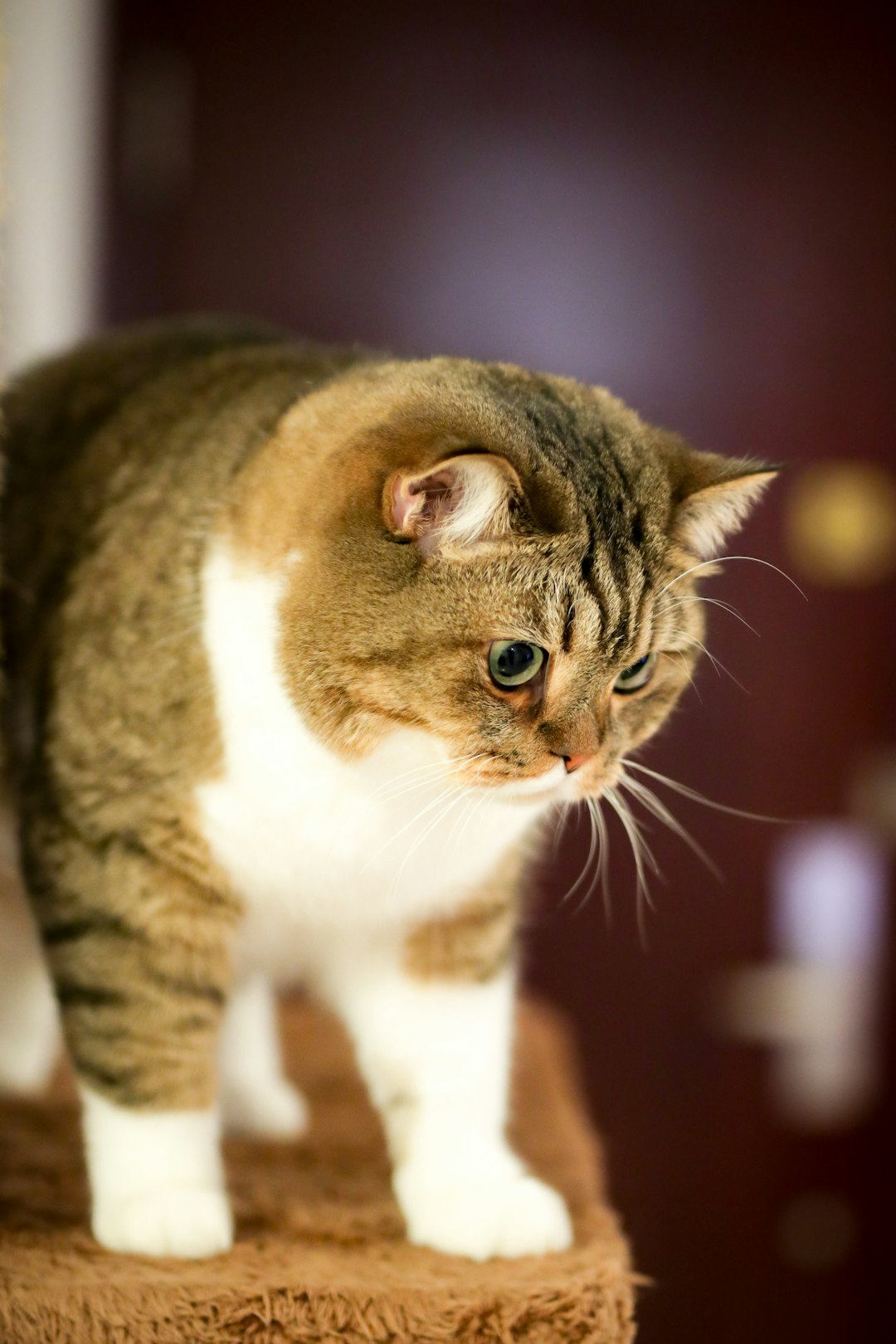
When to Consult a Veterinarian for Excessive Meowing
Recognizing when your cat meowing at night may signal a more serious problem is crucial. While occasional vocalization is normal, excessive yowling can indicate underlying issues. Consider the following scenarios when deciding to consult a veterinarian:
- Unusual Behavior Changes: If your cat suddenly begins meowing at night with increased frequency, it’s essential to investigate further.
- Sign of Distress: Continuous yowling, especially if accompanied by signs of discomfort, can indicate pain or anxiety.
- Age-Related Concerns: Senior cats are more prone to health problems. If an older cat starts vocalizing excessively at night, seek veterinary advice.
- Additional Symptoms Present: Accompanying behaviors such as loss of appetite, lethargy, or changes in litter box habits warrant a vet visit.
- Nocturnal Patterns Altered: A shift in nighttime activities, like increased restlessness or anxiety, may also require professional evaluation.
By monitoring your cat’s behavior, you can better determine if that nighttime yowling is a harmless quirk or a call for medical attention when it comes to your cat meowing at night.
Frequently Asked Questions
Why is my cat meowing at night?
Cats are naturally crepuscular animals, meaning they are most active during dawn and dusk. If your cat is meowing at night, it may be expressing its desire for attention, food, or playtime. Additionally, nighttime yowling can indicate that your cat is bored or anxious, especially if it’s left alone during the night. Understanding your cat’s behavior can help determine if it’s just a part of their personality or if there’s an underlying issue that needs addressing.
Could my cat be in pain if it’s meowing loudly at night?
Yes, excessive meowing at night can sometimes indicate that your cat is experiencing discomfort or pain. If the meowing sounds distressed or is accompanied by other signs such as hiding, changes in appetite, or unusual lethargy, it’s important to consult your veterinarian. Conditions such as arthritis, dental issues, or other health problems might cause your cat to vocalize more, especially when they are trying to communicate their discomfort.
How can I reduce my cat’s nighttime meowing?
To help reduce your cat’s nighttime meowing, ensure it has plenty of stimulation during the day. Engage your cat with interactive play, provide toys, and encourage regular exercise. Creating a calm and secure sleeping environment can also help. Additionally, establishing a bedtime routine can signal to your cat that it’s time to wind down. If your cat continues to meow excessively, you should consult a veterinarian to rule out any medical issues.
Is nighttime meowing a sign of anxiety in cats?
Yes, nighttime meowing can often indicate anxiety in cats. Factors such as changes in the household environment, the introduction of new pets, or even loud noises can cause stress and lead to vocalization. If your cat tends to vocalize at night, it’s essential to evaluate its environment for potential stressors. Providing a safe space, offering comfort, and utilizing calming aids such as pheromone diffusers may help alleviate anxiety.

